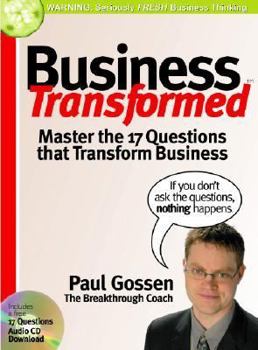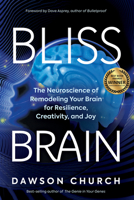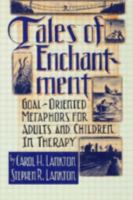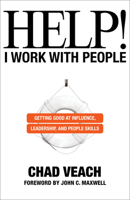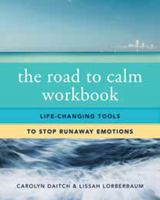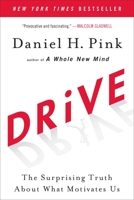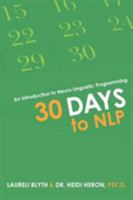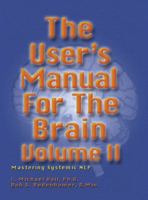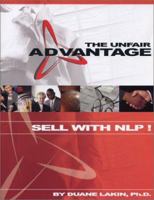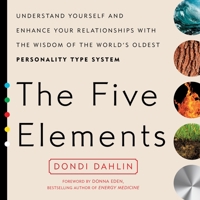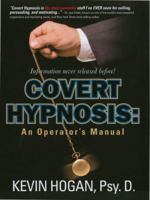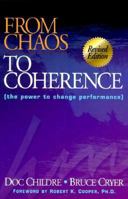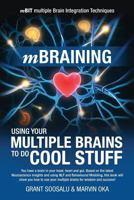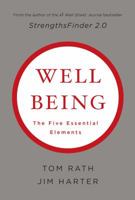Business Transformed: Master the 17 Questions That Transform Business
You Might Also Enjoy
Customer Reviews
Rated 5 starsQuestions that will truly transform your effectiveness...
It would seem that a promise to show you 17 questions that would transform your business would be a bit of an oversell. But in Business Transformed, Paul Gossen does indeed show that these questions can, if seriously asked and answered, can turn around your working relationships. They'll also do wonders for your personal transformation, too... Contents: Contract - Can we talk?; Relationship - How are you?; Engagement -...
0Report
Rated 4 starsSuccess at Your Fingertips
Paul Gossen has a strong take on the time frames that pinch us all. He has very sound ideas about transforming businesses into successful ones and has decided to follow the 'visual' loop from the media and has produced a book that, while it reads like a catalog, gets across his premises as quickly and soundly as anything out there. Gossen's five stages of business transformation (taking a small business mentality and molding...
0Report
Rated 4 starsChecklist for action
Gossen presents 17 Questions(TM) that guide anyone in the business world from initial contact with someone, through their working together, and on up to anticipation of continuing their working relationship. I'm not one to go jumping onto bandwagons, but I'll pay attention when someone seems to have a sound idea, and I see a lot of good in this approach. The central set of the 17 covers the measurables of a project: What...
0Report











